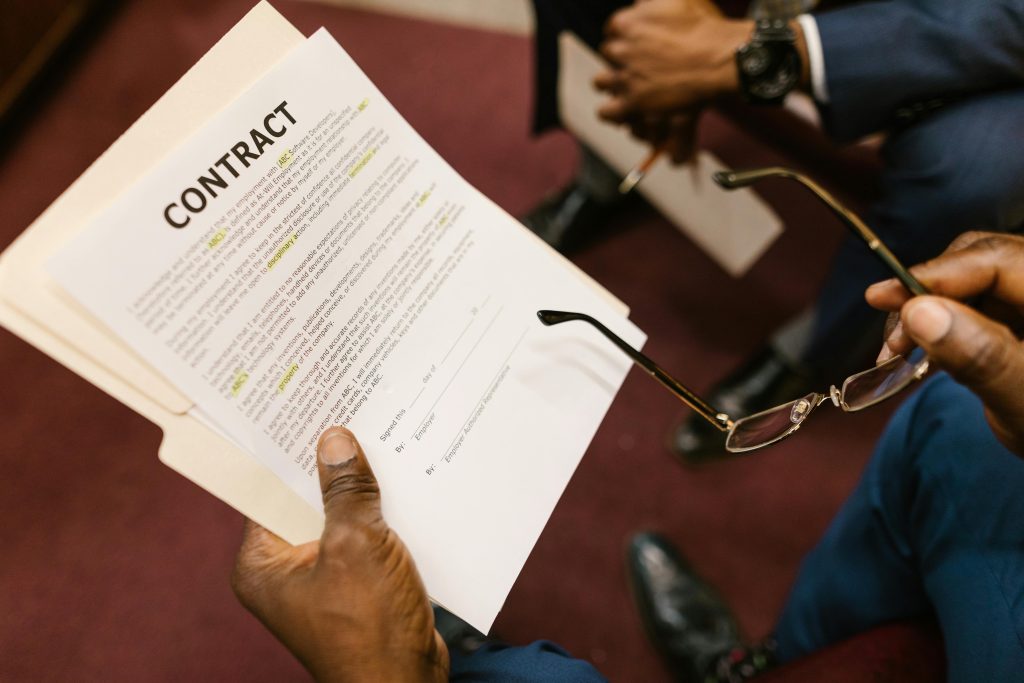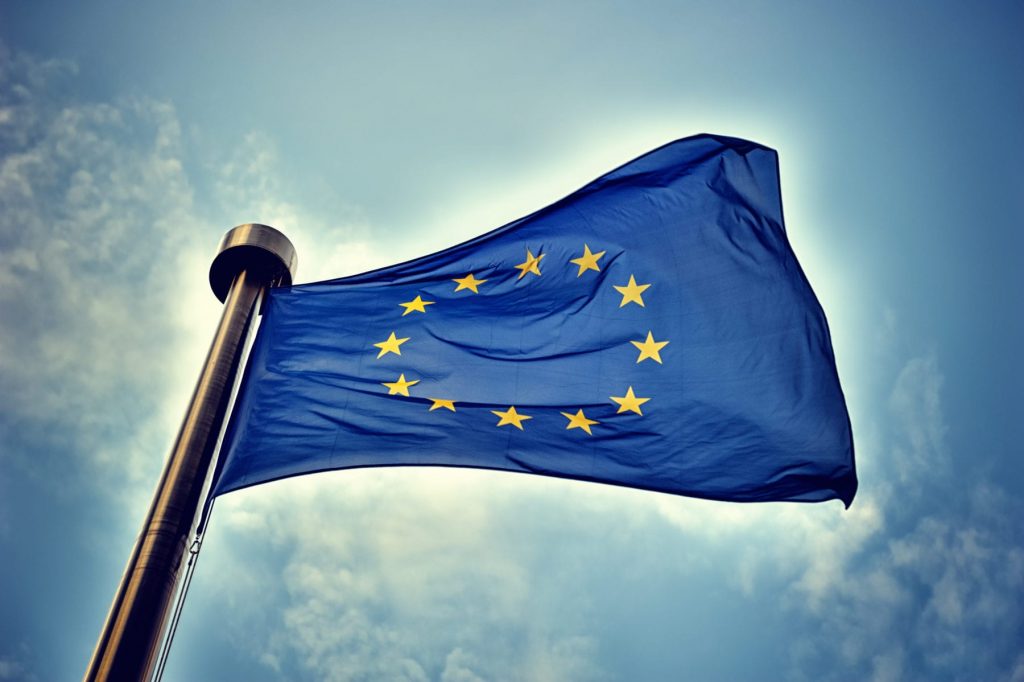Hiring international talent has become a necessity in today’s competitive job market. But for companies without a Dutch entity or recognised sponsorship status, international hiring can feel like a legal minefield.
This is where the Employer of Record (EOR) model becomes invaluable. But what exactly is an EOR, and when does it make sense to use one? Here’s what you need to know.
What Is an Employer of Record?
An Employer of Record (EOR) is a third-party service provider that becomes the legal employer of your international hires. While your company oversees the day-to-day work and performance, the EOR manages the formal employment relationship—handling contracts, payroll, taxes, social security, and compliance with local labour laws.
Think of an EOR as your compliance partner: they manage the legal employment aspects so you can focus on growing your business.
How Does an EOR Model Work?
Step-by-step process:
- You select the talent you want to hire.
- The EOR signs the employment contract with the worker on your behalf.
- The EOR handles all legal employer duties: payroll, tax filings, social contributions, insurance, and benefits.
- You remain responsible for managing the employee’s tasks and performance.
This structure allows companies to legally employ talent in countries where they do not have a registered entity or recognised sponsor status.
When to Use an EOR in the Netherlands
- You want to hire international talent but don’t have a local entity.
- You’re not a recognised sponsor in the Netherlands.
- You need to hire quickly for a short-term project.
- You’re testing a new market before committing to setting up a subsidiary.
- You want to stay compliant without the administrative burden.
EOR vs. Recognised Sponsorship vs. Setting Up a Legal Entity
| Option | Speed | Cost | Flexibility | Compliance Risk |
|---|---|---|---|---|
| Employer of Record (EOR) | Fast | Moderate | High | Low (EOR handles it) |
| Recognised Sponsorship | Medium (6–12 weeks) | Lower long-term | Medium | You are responsible |
| Setting up a Legal Entity | Slow (months) | High upfront | High (but complex) | You are responsible |
Risks of Hiring Without an EOR or Sponsor
- Risk of misclassifying employees as contractors.
- Delays in onboarding due to visa or permit issues.
- Fines, penalties, or audits for non-compliance.
- Losing top talent due to unclear processes or legal blockers.
EOR in the Netherlands: Key Considerations
In the Netherlands, most work visas (like the Highly Skilled Migrant permit) require the employer to be a recognised sponsor. If your company isn’t one, an EOR can legally employ the talent for you.
Important note: Dutch authorities have proposed new restrictions on EOR arrangements. These include:
- Limiting EOR-sponsored highly skilled work permits to two years without the possibility of renewal.
- Requiring the company where the employee will actually work (the “de facto employer”) to apply for recognised sponsorship.
These changes are expected to be implemented in 2025, making EOR a great short- to mid-term solution. Companies should also consider applying for recognised sponsor status for long-term hiring needs.
How EMG Supports Your EOR Journey
At EMG, we help companies hire and relocate international talent fast—without the compliance headaches.
Our EOR service allows you to onboard global talent quickly and legally, even if you’re not a recognised sponsor or don’t have a Dutch entity.
Our approach:
- Fast and compliant hiring.
- Full payroll, contract, and tax management.
- Support for the full relocation process—including visa advice and settling-in support.
Looking to expand your team in the Netherlands?
Ensure compliance and streamline yourinternational hiring with EMG.


